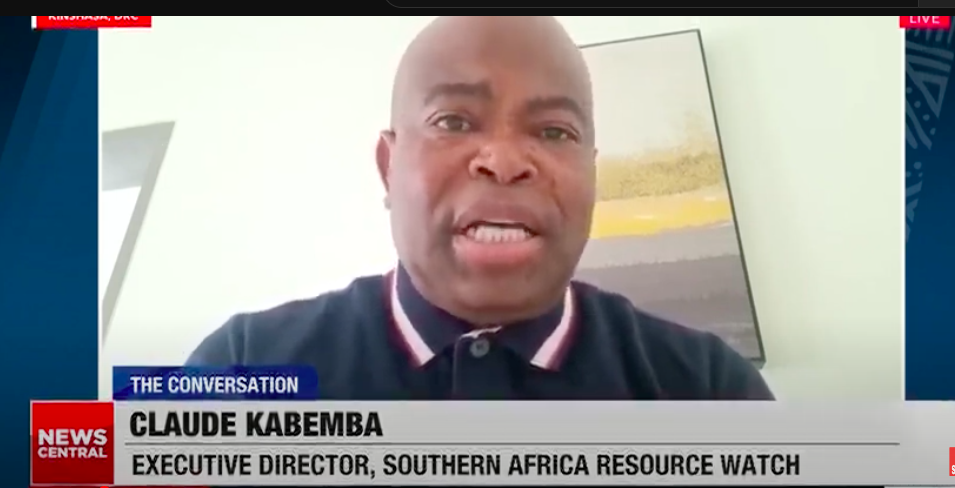MONUSCO, the United Nations Organisation Stabilisation Mission in the Democratic Republic of the Congo (DRC), has come under fire for its success in putting an end to the protracted conflict in the DRC.
One of the main issues that has been brought up regarding MONUSCO, according to Claude Kabemba, Executive Director of Southern Africa Resource Watch, who spoke on News Central TV’s Conversation on Friday, is how to maintain peace when “you are not getting involved in the conflict with the rebels because they are only protecting people.
“They haven’t been successful, in my opinion, because they aren’t permitted to fight. After all these years, if they were effective, they would have established a robust military presence to make it difficult for Rwanda, Uganda, or any other nation to invade Congo. This multinational peacekeeping force lacks the necessary tools to halt the rebels’ advances.
“They sometimes claim that the rebels’ weapons are significantly superior to those of the UN peacekeeping force. In my opinion, MONUSCO is also politicised; it does not uphold the interests of certain powers, and unless MONUSCO is a neutral entity with the full authority to halt the rebels’ progress, the rebels will be put down.
“Congo was the first nation to receive a United Nations peacekeeping force in 1960, and it is currently the largest in the world. Therefore, Congo has signed a peacekeeping agreement with the UN, but the peacekeeping effort isn’t aimed at solving the Congolese issue.”
With resolutions 1279 (1999) and 1291 (2000), the UN Security Council created MONUSCO to oversee the peace process in the Second Congo War; however, it later shifted much of its attention to the Ituri, Kivu, and Dongo conflicts.

Before 2010, the organisation was called the United Nations Mission in the Democratic Republic of Congo, or MONUC, which is an acronym for the Mission de l’Organisation des Nations Unies en République démocratique du Congo, which is its French name.
Kabemba accused Mobutu Sese Seko, the president of the Democratic Republic of the Congo, of failing to establish a functional state and instead establishing a “criminal state characterised by deep corruption, but the real cause and problem of Congo started from the colonisation of the DRC.”
“Congo was disputed and handed to Belgium to serve as a guide for the international community, as you are aware from the Berlin Conference in 1885.
“Congo was established to facilitate foreign trading in its resources, but this issue has never been fixed. Because of this, the international community still does not exert pressure on Rwanda or others who oppose the Congo’s establishment of a powerful state; they continue to maintain the view that anyone can enter and explore these resources.
“Today, we are witnessing the emergence of new powers that are not within the realm of Western powers. Africa’s regional nations have unanimously declared that this is a space for everyone, notwithstanding China’s extraction efforts.
“Therefore, the Rwandese, Ugandans, and many others are carrying out the task that the West has been performing for ages.
“So, Congo has been set up as a space to explore these resources; until the Congolese take responsibility and put up a capable state that protects people, borders, and the resources, there will always be people who will want to control those resources, and that is what is happening now,” he added.


